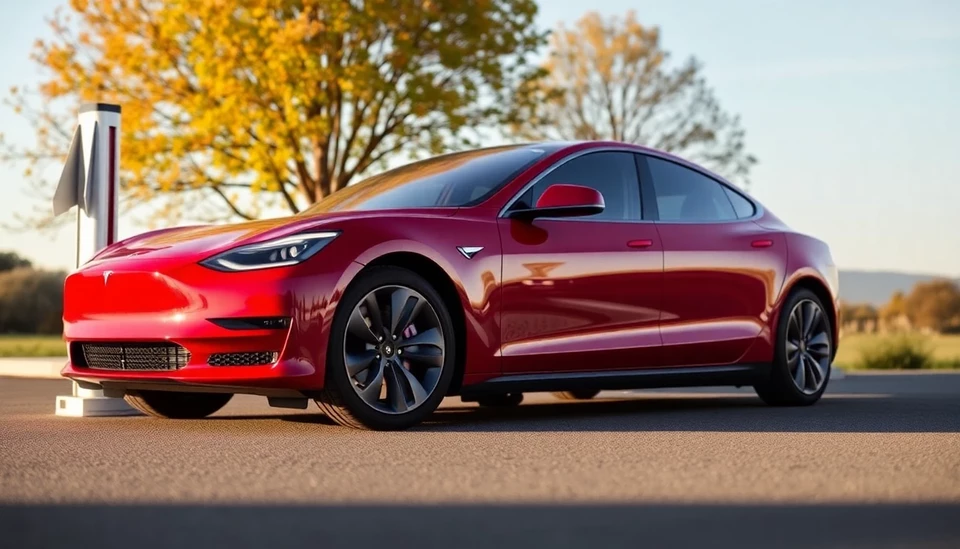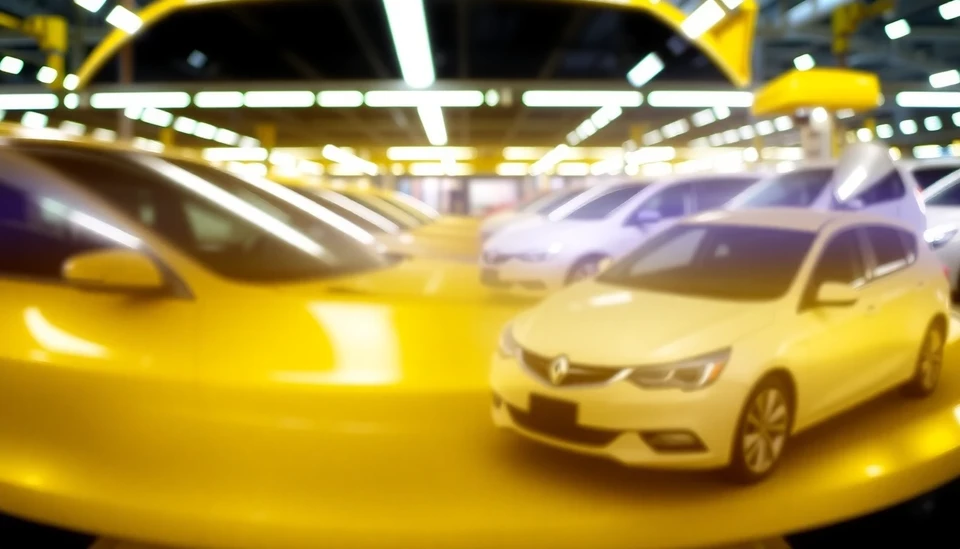
In a strategic move that could reshape its production landscape, Mercedes-Benz is reportedly weighing the option of shifting a portion of its car manufacturing operations to the United States. This decision comes in response to increasing tariffs that have raised the costs of importing vehicles to the American market.
Sources familiar with the discussions revealed that the luxury automaker is exploring options to mitigate the impact of these tariffs, particularly on their high-end vehicles. The potential relocation could lead to significant economic implications, not just for Mercedes-Benz, but for the U.S. automotive industry as a whole. The company's leadership is said to be evaluating various factors, including production costs, supply chain logistics, and potential incentives from U.S. states eager to attract foreign investment.
This development arrives as the Biden administration weighs the tariffs imposed during the previous administration, which have affected many automakers dealing with imported parts and finished vehicles. Mercedes-Benz, along with other European automakers, has felt the strain of these tariffs, prompting them to consider localizing production to bypass these financial hurdles.
Industry analysts suggest that establishing new manufacturing facilities in the U.S. could not only help Mercedes-Benz reduce costs associated with tariffs but may also enable the company to enhance its competitiveness within the American market. These facilities would likely be situated near major logistics hubs to streamline operations and reduce shipping times for both components and finished products.
Experts within the automotive sector note that if Mercedes-Benz commits to this strategy, it could initiate a broader trend among luxury car manufacturers seeking to capitalize on the growing U.S. electric vehicle market and adapt to shifting consumer preferences. The company plans to unveil more details about its future production strategy in an upcoming conference, signaling its commitment to remaining agile in a rapidly changing automotive landscape.
As the discussions continue, the implications of such a move could resonate well beyond the auto industry, potentially influencing trade negotiations and economic policies concerning tariff structures. Stakeholders in the automotive sector and policymakers will be closely monitoring Mercedes-Benz’s next steps, as their decisions may set the stage for future investments and production strategies among other global automakers.
In conclusion, the prospect of a significant change in production for Mercedes-Benz underscores the intricate relationship between tariff policies and international trade in today's automotive industry. How the company navigates these challenges will likely have long-term effects on its operations and market positioning in the United States.
#MercedesBenz #Tariffs #AutomotiveIndustry #ProductionRelocation #USManufacturing #ElectricVehicles #TradePolicy
Author: Victoria Adams




